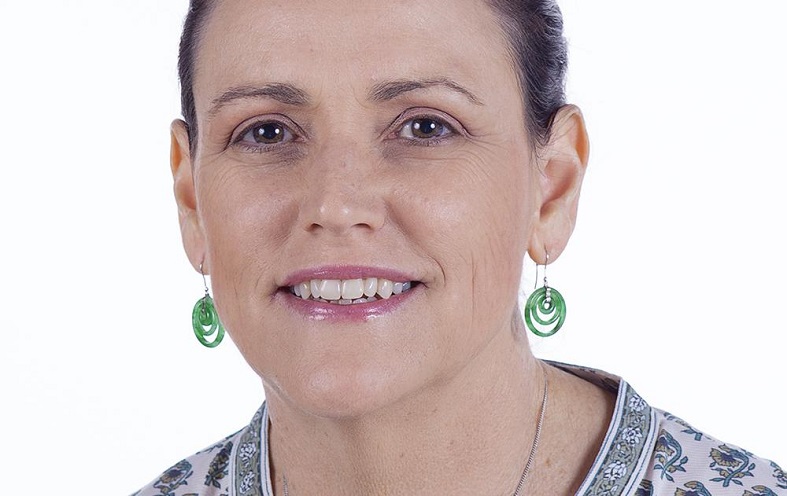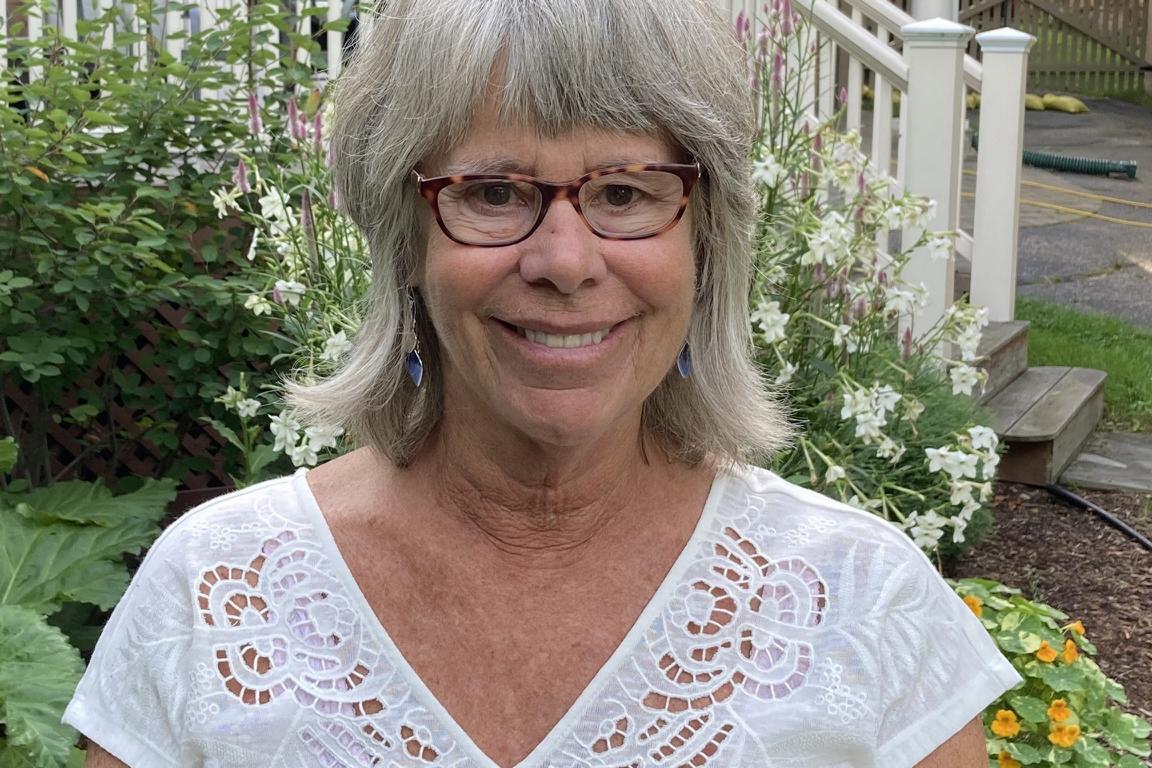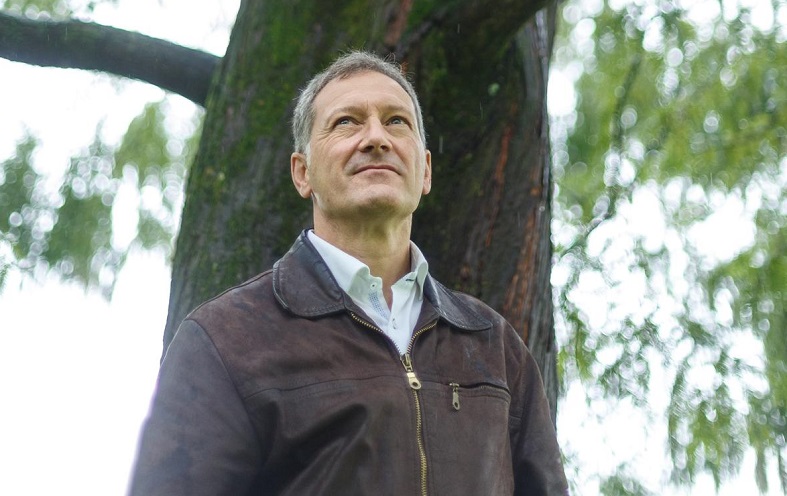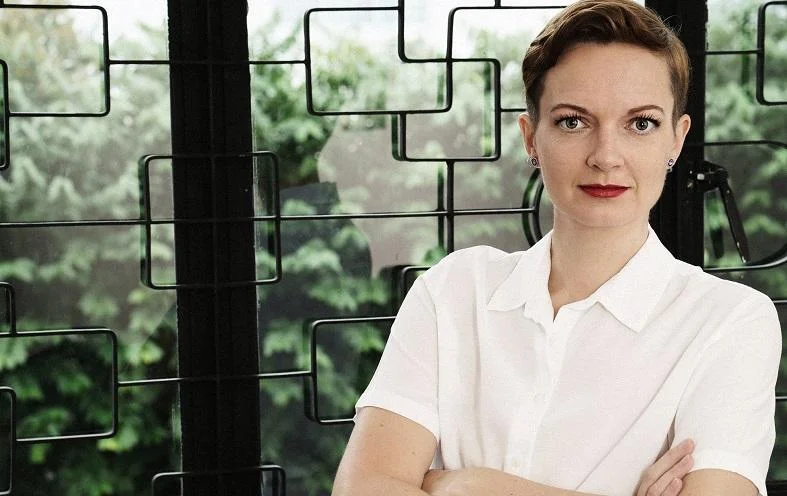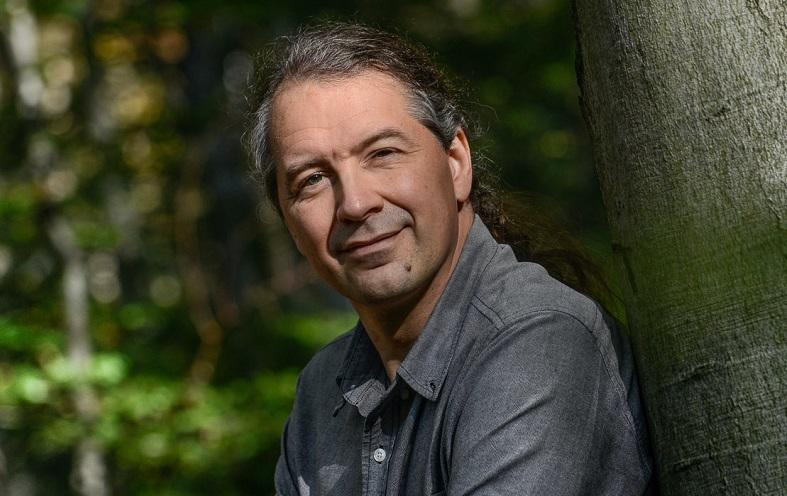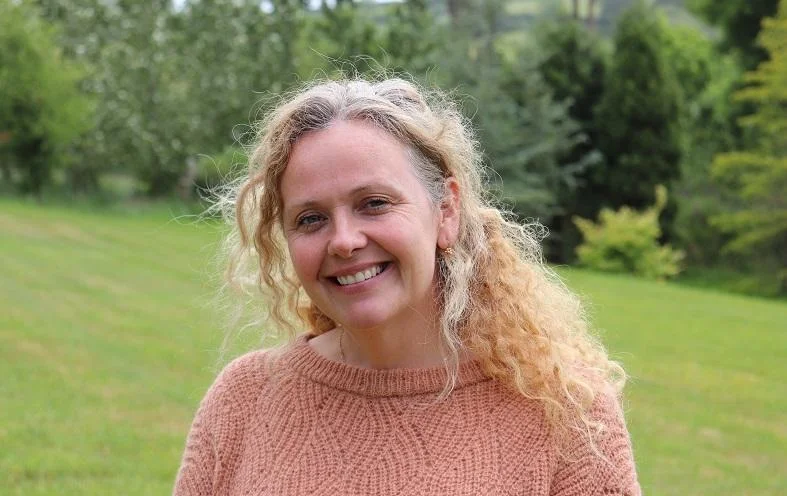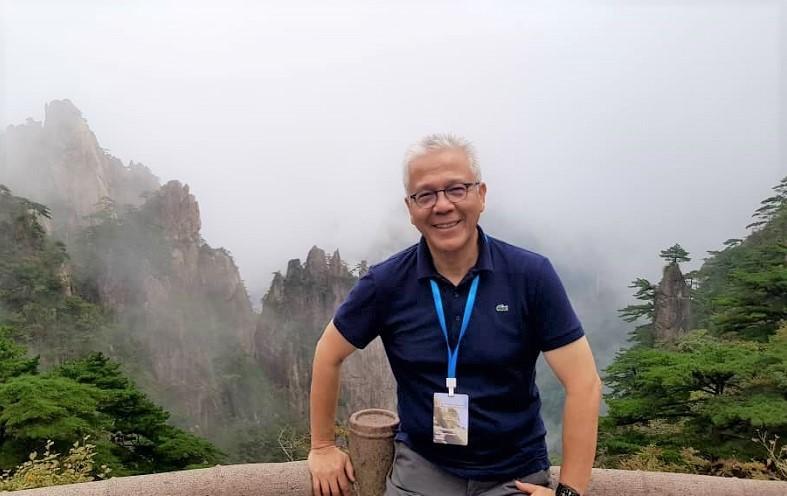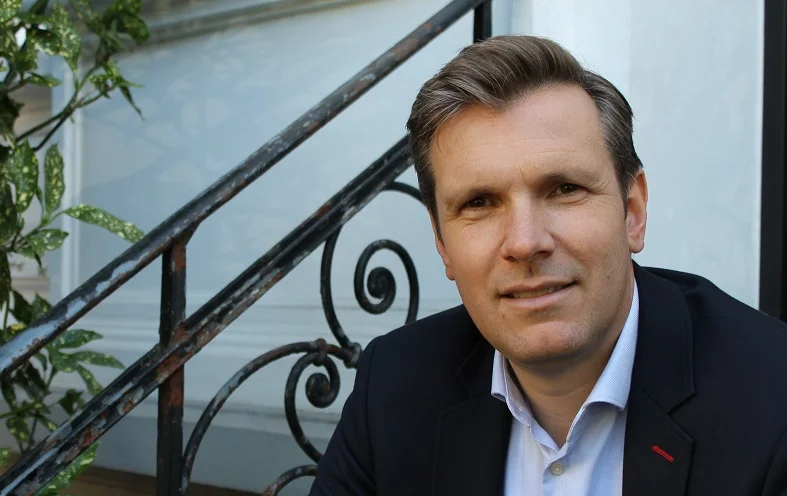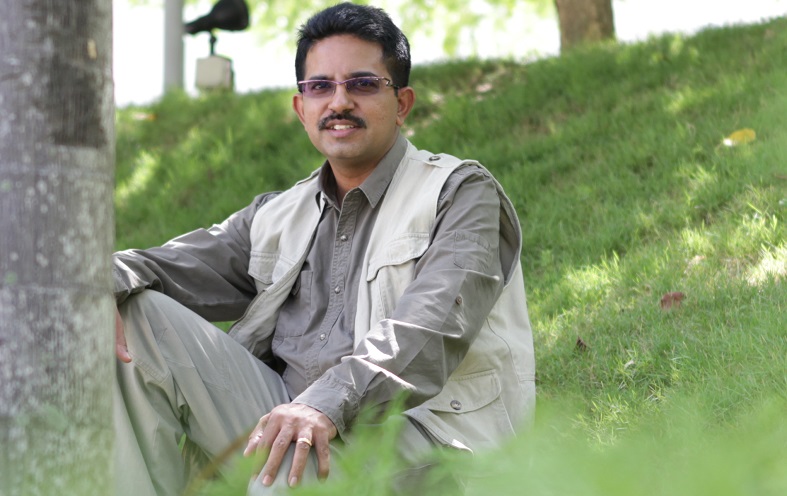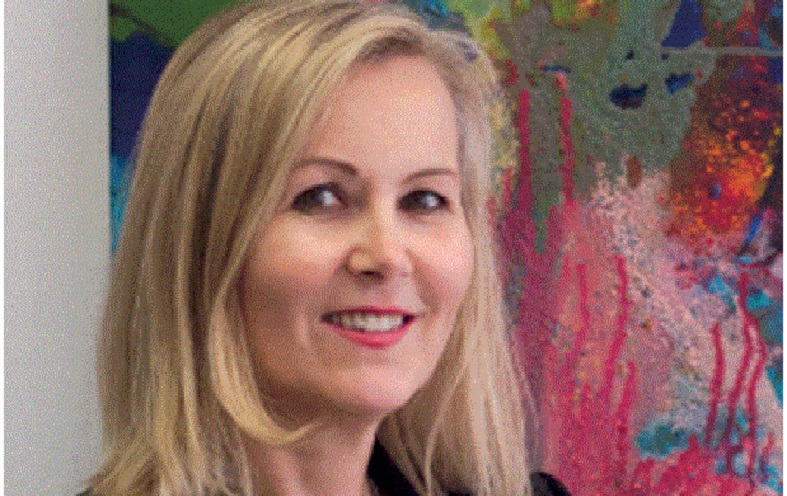Gianna Moscardo, Professor at the College of Business, Law and Governance at James Cook University in Townsville, Australia, in this interview shares her thoughts on sustainable tourism research, trends and challenges, especially overtourism (overcrowding). She also introduces us to the BEST EN sustainable tourism education think tanks and network.
Learn about:
- How Gianna’s view of sustainability and tourism has changed over the years;
- Sustainable tourism priorities and trends;
- The current state of tourism sustainability in Australia;
- Sustainable tourism research and the BEST EN initiative;
- 3 recommended books for tourism researchers or practitioners.
Gianna, what was your view of sustainability and tourism when you first started your professional career?
My first serious job after graduating was working in a government research centre to support sustainable human use of the Great Barrier Reef in Australia. In this setting tourism was typically portrayed as the main pathway to sustainability, being the economic alternative for commercial fishing and mining. This was in some ways a very gentle introduction to tourism and sustainability, as the tourist numbers at that time were quite small on a global scale, despite having grown quite a lot and quite quickly.
Tourism to the Great Barrier Reef was strictly controlled and so direct impacts of tourism in this setting were very low and we were able to focus much of our attention on how to use tourism as a tool for education about sustainability and marine conservation. This was great in terms of learning about how to use tourism to support local communities and to teach tourists about the environments that they depend on for life, but it wasn’t typical of the rest of the world.
When I changed over to being an academic, teaching and researching tourism beyond the local region, I realized that there were major challenges in just managing the sheer volume of tourism, especially in places with far fewer resources.
How has your view of sustainable tourism changed since then?
When I become an academic, I began teaching students from a wide range of different places who had many different and often quite challenging stories of tourism and sustainability from their experiences. I also began attending conferences in new locations, focused on things other than the environmental impacts of tourism and interpretation for tourists.
It was during a visit to Africa to attend an ATLAS Africa conference and meet up with a doctoral graduate that I was more directly exposed to the dark side of tourism. Different people there told me about forcible relocation of residents for resorts, including ecolodges; the consequences of high levels of economic leakage from foreign-owned tourism ventures; and the potential for political corruption in tourism development.
It was this visit that made tourism and sustainability become a much more serious issue for me. It also shifted my thinking away from making tourism itself more sustainable, to rethinking how tourism could work as a tool for sustainability. It also made me question the models and approaches to tourism development and marketing we were teaching our students, and even whether or not we were teaching tourism and sustainability to the right students.
Where do you see the priorities in sustainable tourism for the near future?
The biggest and fairly immediate priority is managing large numbers of tourists. With more budget travel options available, we see much more international tourism everywhere, especially from China and India because of the potentially huge numbers of tourists.
We have to change the way destinations think about and measure tourism success. We have to change the way policymakers think about and plan for tourism. And we have to change why people travel.
For destinations and policymakers, we have to get them to see tourism as a tool for regional well-being, not an end in itself. We have to replace tourist numbers as the major measure of success with systems that measure tourism’s net contributions to things like local business development, resident physical health, the development of social capital, and support for sustainability infrastructure.
In short, we have to ask how does tourism make this a better place to live for residents and keeps long-term residents staying there and happy about staying there.
We have to change the social narratives about the value of travel for the individual tourist – we have to start seeing travel as a privilege and a responsibility, not a right. As issues of overtourism and tourists behaving badly get more and more mainstream media attention, tourism will be under pressure to justify its existence. We will need to have much better answers than we currently have to the question why have tourism at all?
Your thoughts on the current state of sustainability in tourism in Australia?
Overall, I think tourism and sustainability in Australia are currently in a very good situation. We have a large, quite an affluent country with good levels of regulations around things like working conditions and environmental impacts. And we still do not have large numbers of tourists when compared to other places on the planet.
This doesn’t mean that we don’t have some examples of unsustainable tourism developments, but in general, there are no major national issues currently. But Australia does face some future challenges, particularly around climate change and tolerance of cultural diversity. In terms of climate change, many of Australia’s major tourist destinations are coastal and thus threatened by rising sea levels and more extreme weather events.
Australia’s tourism is also vulnerable if tourists start flying less because of climate change pressures. Australia is a long-haul destination internationally and within the country, many destinations are long haul even for domestic travellers.
Like many countries Australia is currently seeing a rise in the visibility of more extreme political groups opposed to migration and cultural diversity. This is both a threat to tourism and an opportunity for tourism to demonstrate the value of embracing tolerance and diversity.
Your advice to emerging researchers interested in sustainable tourism?
It is currently a difficult time to be an emerging researcher in sustainable tourism, as we currently have a research world obsessed with prestige rankings and assessments. Those are all based on performance in English language academic journals linked to established disciplines and which are not at all interested in the extent to which research changes the world for the better.
Any researcher in sustainable tourism is by definition focused on applied issues and seeking to change the way tourism is practised. This means partnerships and collaborations with destination community groups, tourism businesses and associations, government departments, academics from other disciplines, and tourists themselves.
Doing this type of research is not currently held in high esteem in the academic world. But this is changing, with an increasing concern from funding bodies about being able to demonstrate that research, especially publicly funded research, is making a difference to policy and practice.
So the key is to find those partnerships and collaborations locally to do the research and connect to groups of established researchers who share an interest in changing practice – groups like BEST EN (Building Excellence in Sustainable Tourism Education Network), and TEFI (Tourism Education Futures Initiative) – to develop academic publications.
Can you tell us more about BEST EN and how your previous experiences have led you to the role of a co-chair?
BEST EN is an inclusive and collaborative network of tourism academics and practitioners committed to furthering the creation and dissemination of knowledge within the field of sustainable tourism. It is a group of people who are passionate about the need for tourism to contribute more to sustainability and who are committed to making change.
I went to my first BEST EN Think Tank in Arizona in 2007. A colleague who knew my interest in sustainable tourism suggested that I might find it interesting and I enjoyed it very much. The focus on sustainable tourism and applying research to practise appealed to me, but also the Think Tank style was something I found to be very refreshing and rewarding.
BEST EN Think Tanks are very different from traditional academic conferences. They are very focused on the theme and organized to encourage all the participants to work together to generate information and resources on one aspect of sustainable tourism. It is a small meeting (limited to 70 participants) but provides a great opportunity to harness the wisdom and experience of all participants, including local tourism and community representatives, and create resources to support sustainable tourism. Most of these resources are then made available for free on the BEST EN website.
I enjoyed my first BEST EN event so much that I have attended nearly every Think Tank since. As a regular attendee, I was asked to lead some of the collaborations that emerge from the Think Tanks, which connected me to more of the Executive Committee members. Then they invited me to join that group and then to be Co-Chair. I’ve found the whole experience of working at all levels with the BEST EN group very rewarding.
Best EN’s “Think Tank” is an incredible platform for research-driven collaboration – what is the theme for 2018 and how was this chosen?
We have just recently made the full proceedings available on our website for the 2017 Think Tank on Innovation and Progress in Sustainable Tourism, hosted by the International Centre for Sustainable Tourism and Hospitality at the University of Mauritius.
Our next Think Tank will be held in Lucerne, Switzerland, 19-22 June 2018, hosted by The Institute of Tourism at the Lucerne University of Applied Sciences. The broad theme for 2018 is “Development and marketing of sustainable tourism products”.
Each year we select the theme in cooperation with our hosts and with input from our network members. It reflects either a sustainable tourism issue of concern to our hosts or an aspect of sustainable tourism that our network thinks is important and that needs further attention.
Which 3 books would you recommend emerging tourism researchers or practitioners?
International Cases in Sustainable Travel and Tourism (Edited by Pierre Benckendorff and Dagmar Lund-Durlacher).
This book was a result of a collaboration between BEST EN and the WTTC’s Tourism for Tomorrow Awards. Finalists from the awards were connected to academics through the BEST EN network to jointly write case studies showing how sustainable tourism works in practice.
Education for Sustainability in Tourism (Edited by Gianna Moscardo).
This book emerged from one of the BEST EN Think Tanks and incorporates both resources to support sustainable tourism in general and specific examples and ideas about to educate different stakeholder groups about tourism and sustainability. A wide range of tourism experts and practitioners contributed chapters. Practitioners might find chapters about different dimensions of sustainable tourism and the material on how to educate destination communities and tourists about sustainability particularly useful.
Tourist Season (Carl Hiaasen).
Carl Hiassen writes crime novels all set in Florida. His stated aim in written this novel was to discourage tourists from coming to Florida. A consistent theme in this and many of his other novels is that tourism is associated with corruption, crowding, and environmental damage. It is interesting to read how people outside of tourism academia and policy see tourism. A reminder about how bad tourism can be.
Thank you, Gianna.
Connect with Professor Gianna Moscardo on LinkedIn or visit her academic profile at James Cook University here.
Enjoyed our interview with Gianna Moscardo, Professor at the College of Business, Law and Governance at James Cook University in Townsville, Australia? Share and spread the word!

